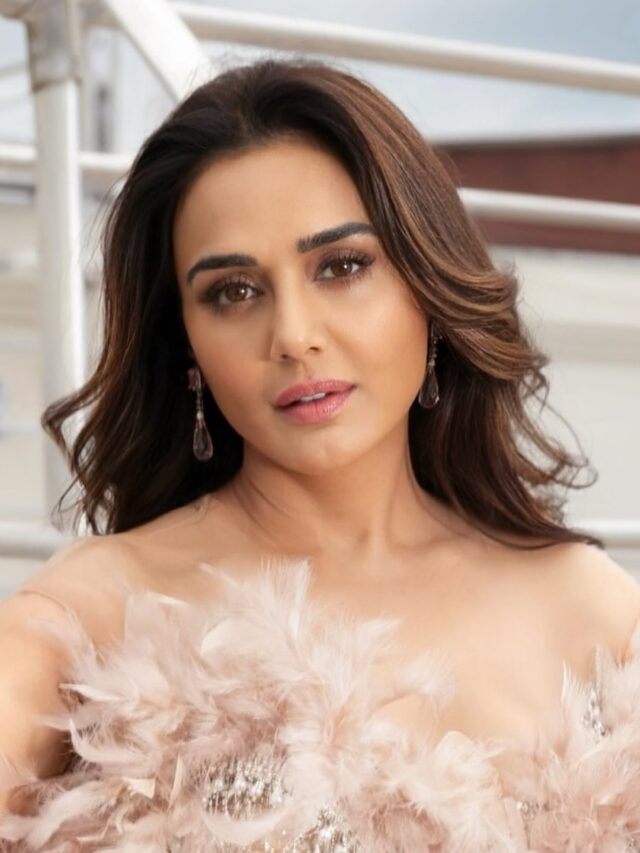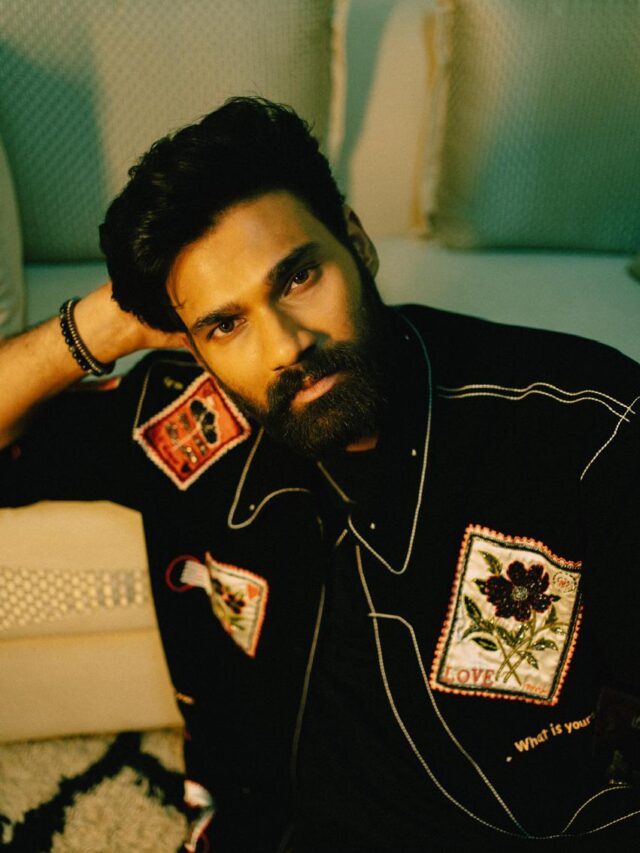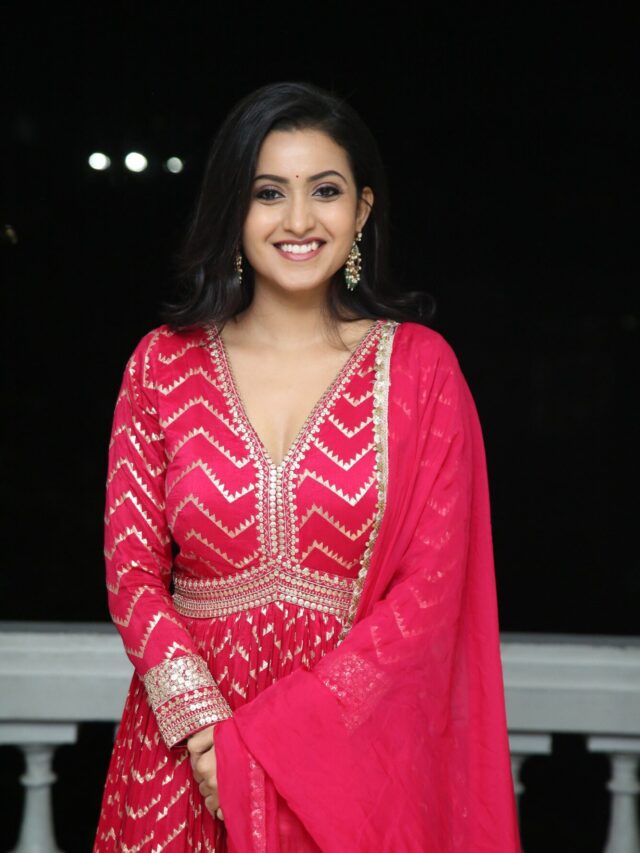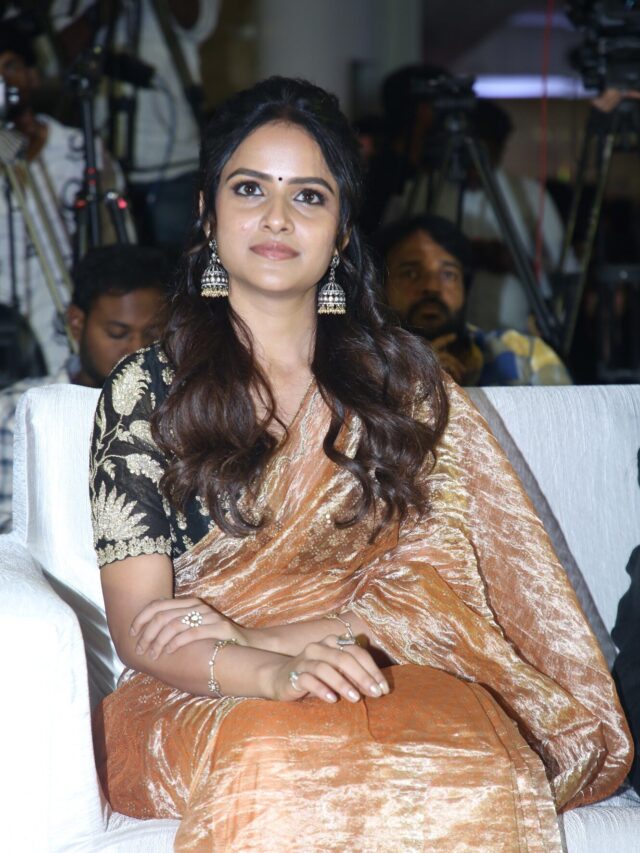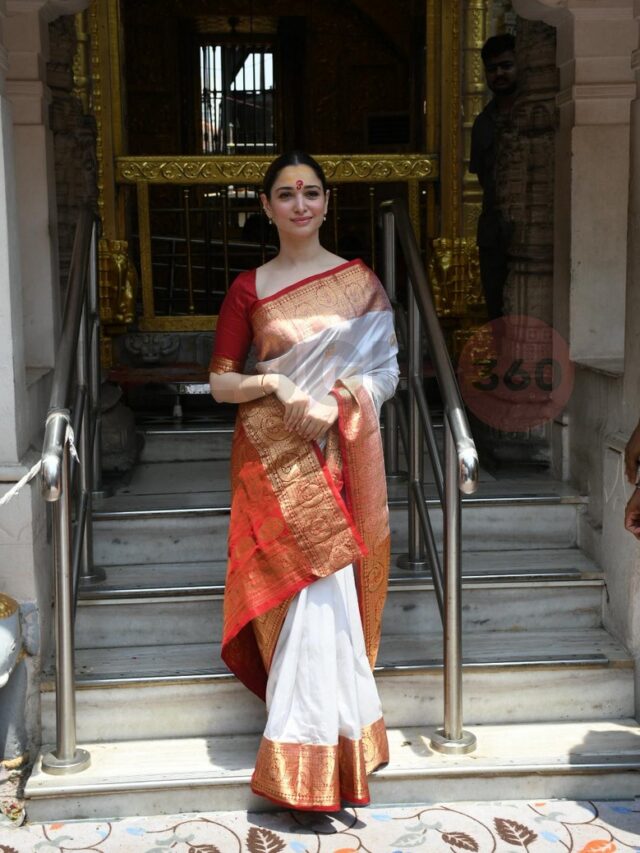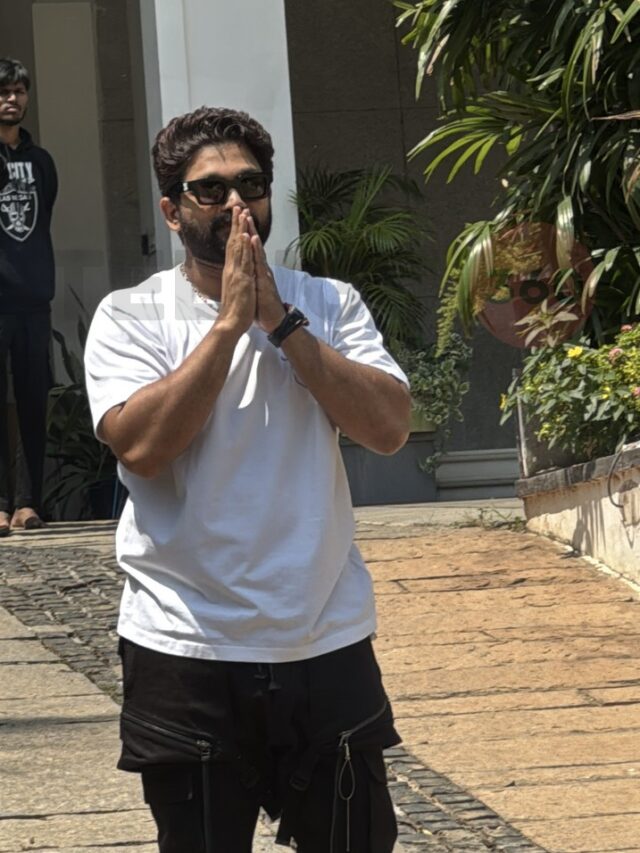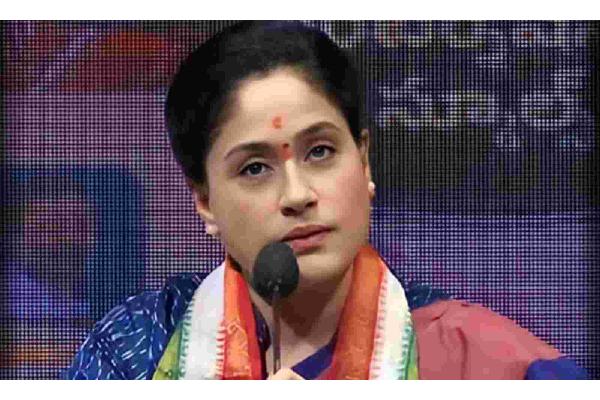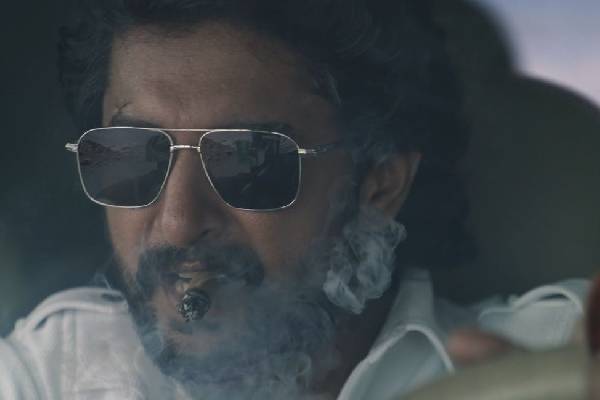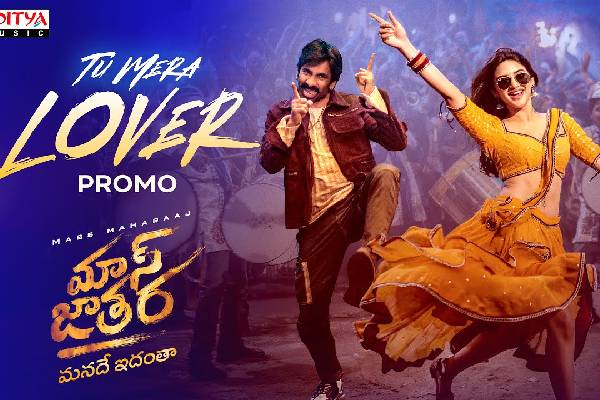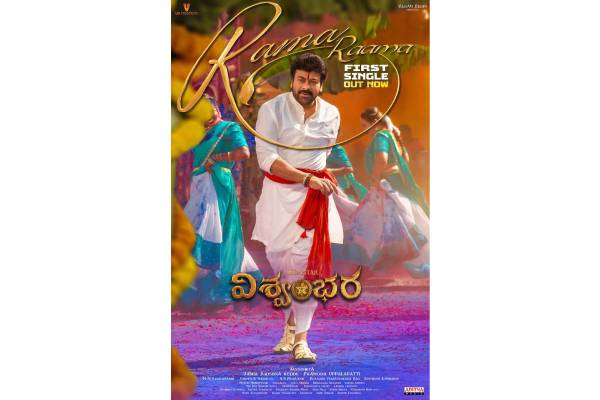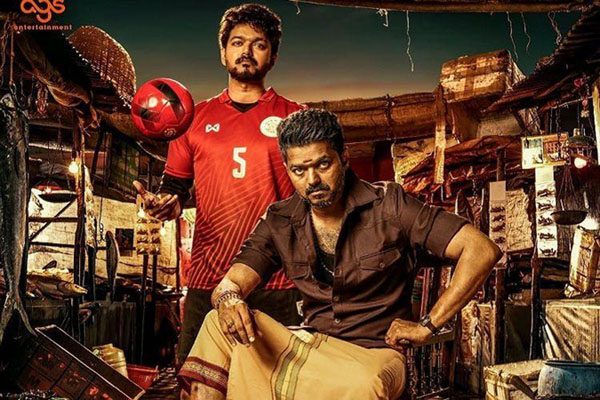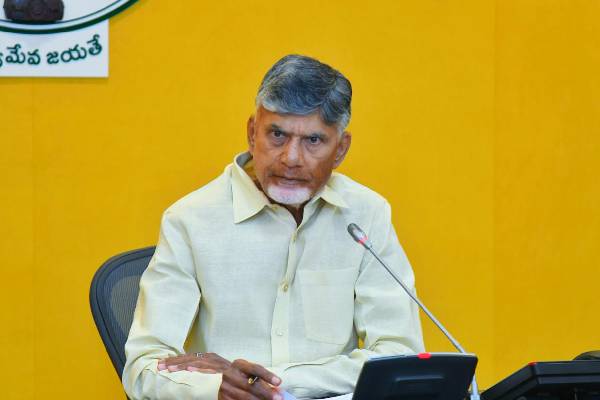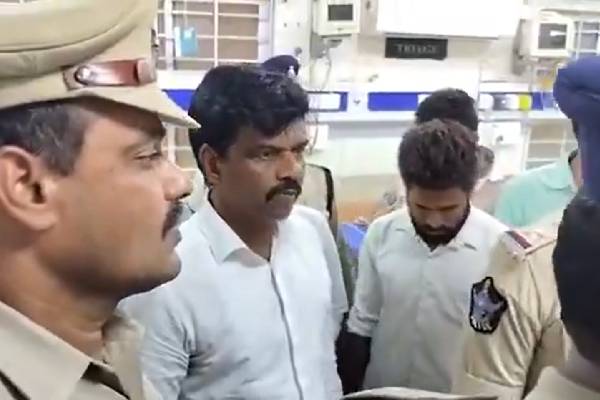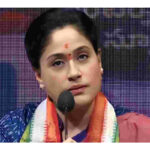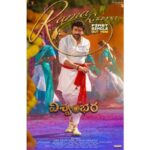For a film that speaks stridently on women’s empowerment and the sins of sexism, “Bigil” is awfully enamoured of its male protagonist who all but preens when he is on screen. The camera clings to Vijay like a Siamese twin letting go of him only long enough for the incidental characters (and that includes leading lady Nayanthara) to let us know how privileged they are to be in the same narrative as Vijay/Bigil.
Bigil, which means ‘whistle’ in Tamil, lives up to its title. There were wolf whistlers and banshee shrieks of orgasmic exhilaration in the theatre every time Vijay came on screen. I couldn’t hear the dialogues. I suspect we are not meant to. Considering he has two roles, Vijay is on screen almost the entire running-time of three hours. He plays an angry football coach, not unlike Shah Rukh Khan in “Chak De! India”, except that Khan never danced, sang and fought goons (in the one fight sequence in “Chak De!” he let his hockey team to beat up the goons).
Vijay never stops. The career dilemma for a superstar who must deliver what his fans want is here resolved by positioning Vijay as a star with human frailties on display. He is a football coach and prone to bouts of identity crisis because of a troubled relationship with his father, which is opened up like a wound in a flashback.
As his own father, Vijay is not too convincing. His body language suggests no age. Only suppressed rage. The son Bigil (aka Michael) is Shah Rukh Khan’s “Chak De!” avatar reborn. There are flashes of genuine warmth in Michael’s interaction with his all-women’s football team which, though representational (one acid victim, etc) manages to make a large statement on why women are left behind in the field of sports.
Interestingly even the most empowered women in Indian cinema need a masculine hand to triumph. In this week’s Bollywood release “Saandh Ki Aankh” the dedicated coach played by Vineet Kumar ensures success for the two sharp-shooting women heroes. Here it is Bigil the coach with a fist of fury and a heart of gold who encourages and supports the female footballers.
Director Atlee doesn’t allow Vijay’s stardom to diminish even as sections show the actor struggling with issues that go beyond patriarchal arrogance. It would be too much to expect humility in Vijay’s performance. But he comes closer to vulnerability in this film than any other. Tragically the powerful-in-her-own-right Nayanthara happily plays the hero’s prop, for the second time in a row after “Sye Raa Narasimha Reddy”.
The plot is a sprawling arc of exploding emotions. The cast is vast. But all we are allowed to come home with is Vijay, multiplied by two, and divided by a conflict between playing to the galleries and playing the coach as sincerely as Shah Rukh Khan once did.
But that was another game.



